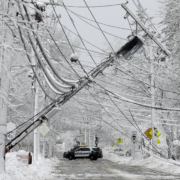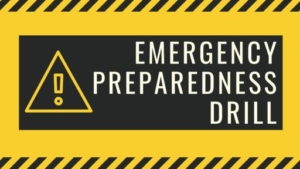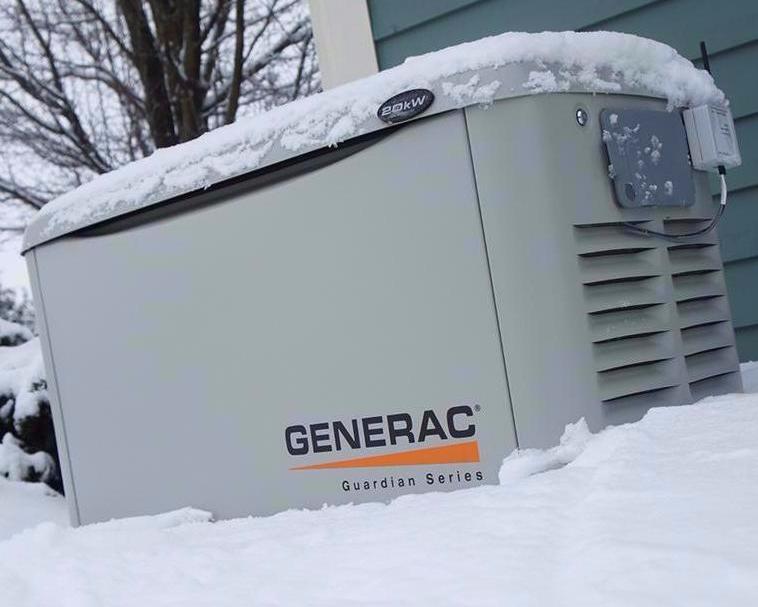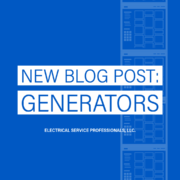How You Can Prevent the Negative Effects of Power Outages
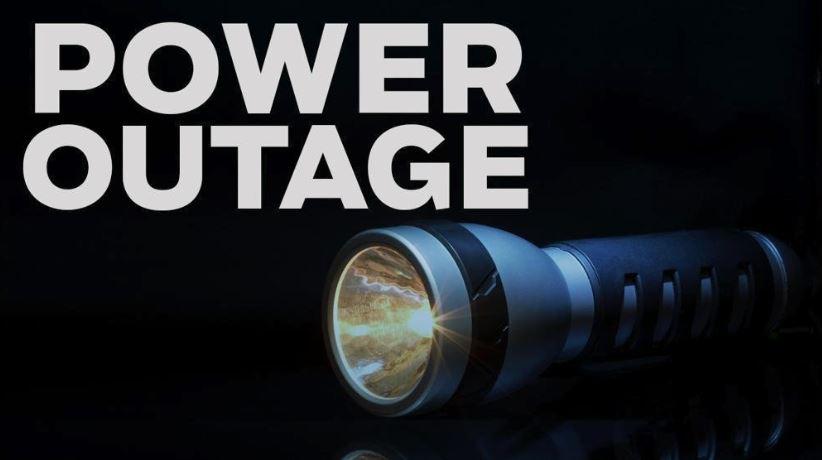
By: fosterfuelsmissioncritical.com
Even with advanced technology and hardware, events like harsh weather can occur which cause unplanned power outages. Make sure you prepare your business for a short-term or long-term power outage. By ensuring your company takes the following precautions to prepare for an outage, you will help prevent the long-term negative impacts a power outage can have:
1. Business Continuity Plans
Developing a business plan for power outages prepares your company in case a disaster occurs. A continuity plan helps outline how to continue to deliver products and services to your customers regardless of any internal operational problems that may occur because of outages. Having a plan will help ensure that personnel and assets are protected and can still function properly.
To develop a plan, you should create a committee and work together to identify potential risks you might experience and how those risks will impact your operations. The next part of your plan should include implementing procedures to help mitigate those risks.
After you have created your business continuity plan, you should ensure that all of your procedures work by testing and practicing them. Don’t forget to continuously check and review the process to ensure everything is up-to-date and working as expected.
2. Emergency Response Training
An important step after creating your plan is to educate your employees and test their emergency response with drills. Having drills will help you be able to evaluate the ability of your employees to complete their job assignments in the event of an emergency.
3. Install a UPS Device
One way to help prevent your company’s computers from being damaged or losing data stored in RAM is to use an uninterruptible power supply (UPS) device. UPS devices help equipment to stay on temporarily when a power outage occurs. These devices allow equipment time to shut down properly. Many UPS devices also have surge protection to help mitigate damage to computers from spikes.
4. Have a Backup Generator
Backup power sources are essential for many industries. Having a backup generator is a simple way to prevent unplanned downtime from power outages. To determine the proper generator size your company will need, take inventory of the equipment the generator will need to power. Skilled technicians can help you determine the proper backup generator for your business needs and install it correctly.
You have the option to purchase a portable or standby generator. Portable generators tend to be lower in cost and wattage and run on gasoline. For larger businesses, standby generators are the ideal solution. Standby generators are more expensive and run on diesel, natural gas, or propane. They automatically turn on when the power goes out to help your operations continue during power outages.
5. Emergency Backup Fuel
Ensuring that your company has a backup generator may not be enough. You will need to maintain and test your fuel to ensure that you have high-quality fuel to operate your generator in case of an emergency power outage. Scheduling regular tank maintenance can help confirm that your generators are working properly and will be ready for a critical situation. Using fuel additives and fuel polishing can also increase your fuel efficiency and quality.
Luckily, if you are out of fuel during an outage or the fuel you have has become unusable, there are emergency fuel delivery services that can help you out. Finding a fuel delivery service can enable you to get your business back up and running so you won’t lose out on additional revenue during a longer-than-anticipated power outage.
Prepare Your Business for a Power Outage
Power outages can occur at unexpected times and for a variety of reasons. They can cause your business to come to a halt. Don’t let your business lose out on revenue or productivity. Make sure your business is ready in the event that your organization faces an unplanned power outage. Start preparing today by creating a business continuity plan for power outages, getting an appropriately sized backup generator, and ensuring you have high-quality fuel to continue operating your generator.

